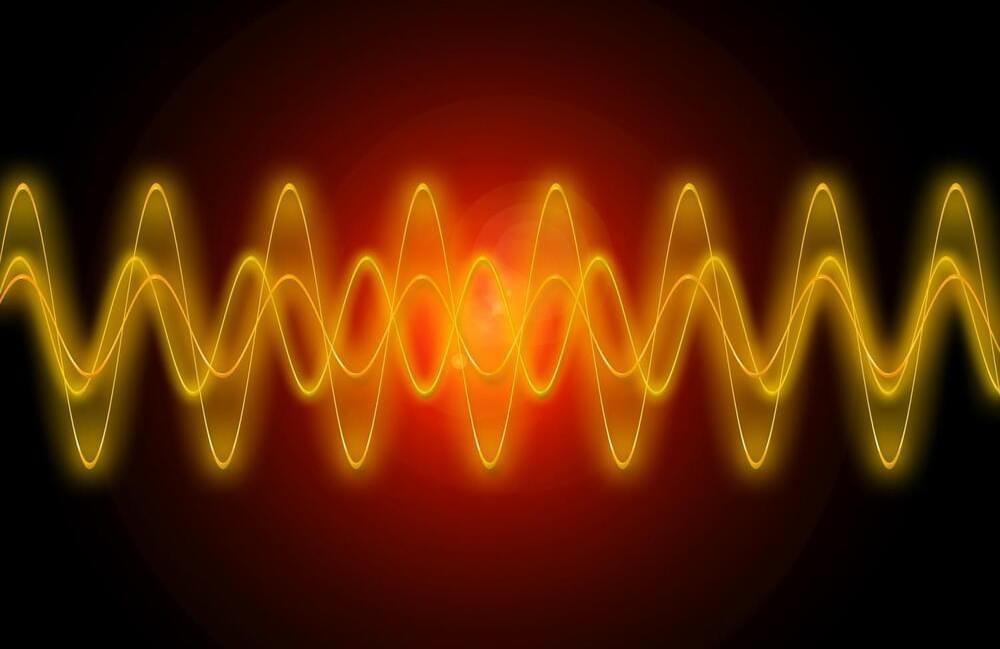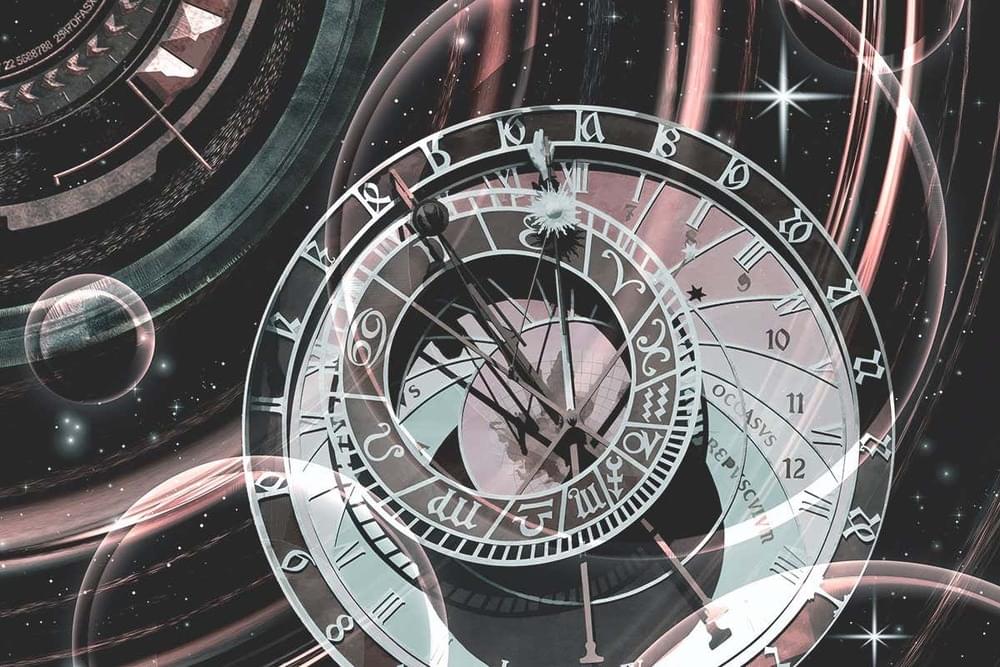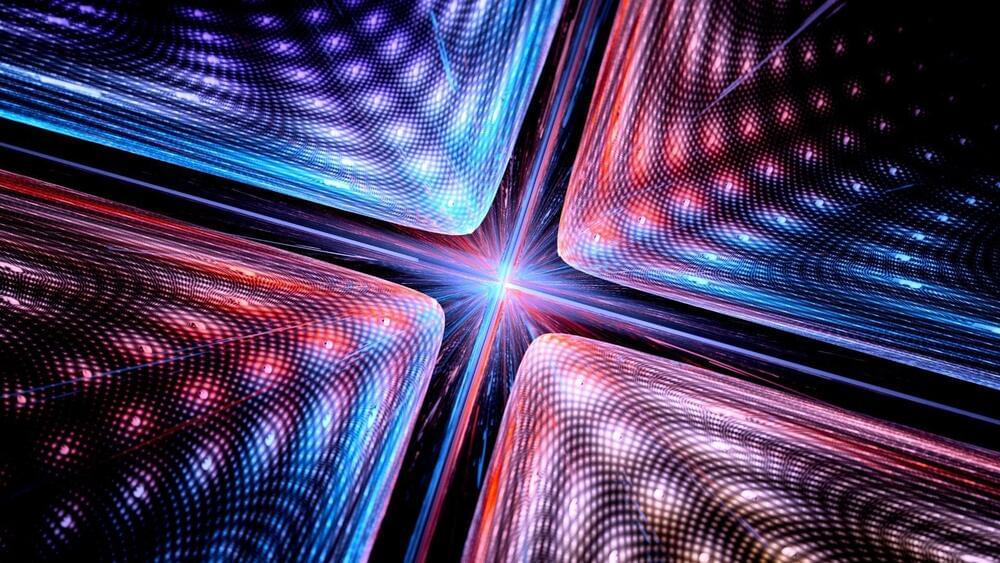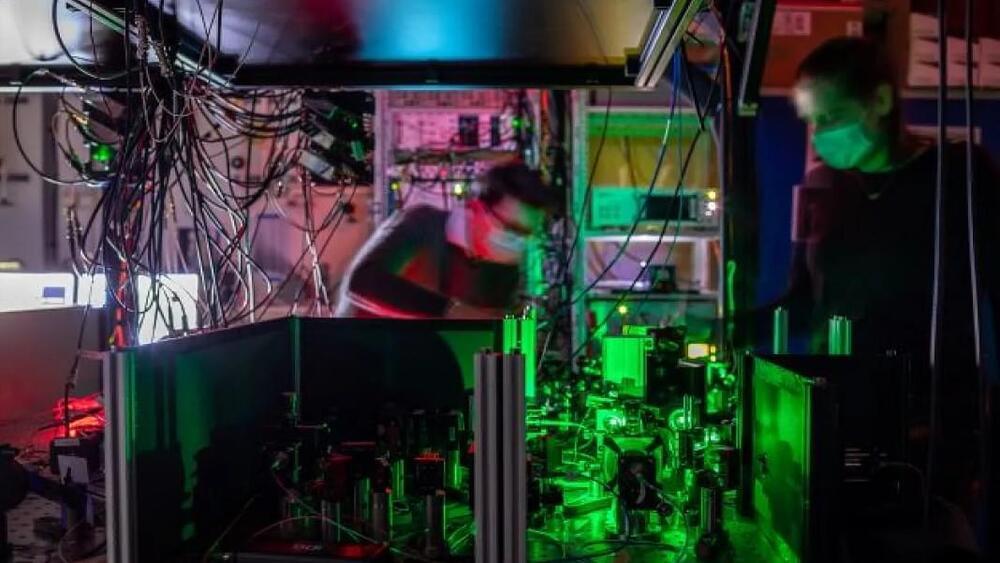For a few years now, spent grain, the cereal residue from breweries, has been reused in animal feed. This material could also be used in nanotechnology. Professor Federico Rosei’s team at the Institut national de la recherche scientifique (INRS) has shown that microbrewery waste can be used as a carbon source to synthesize quantum dots. The work, done in collaboration with Claudiane Ouellet-Plamondon of the École de technologie supérieure (ÉTS), was published in the Royal Society of Chemistry’s journal RSC Advances.
Often considered “artificial atoms,” quantum dots are used in the transmission of light. With a range of interesting physicochemical properties, this type of nanotechnology has been successfully used as a sensor in biomedicine or as LEDs in next generation displays. But there is a drawback. Current quantum dots are produced with heavy and toxic metals like cadmium. Carbon is an interesting alternative, both for its biocompatibility and its accessibility.






